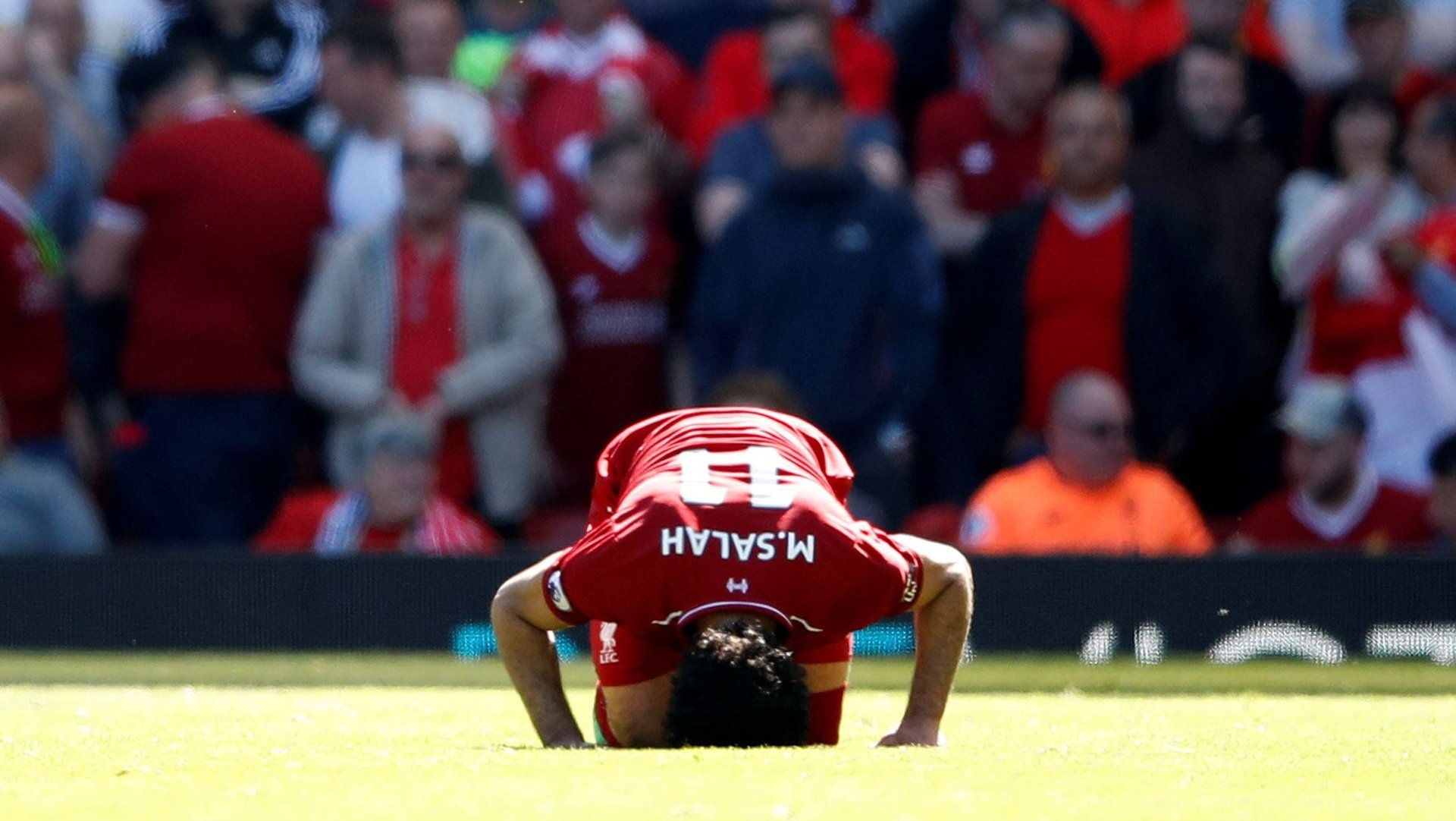Coronavirus might cancel European soccer
Some of the biggest regular gatherings of people in the world take place in soccer stadiums. The clasico in Spain—the name given to any match-up between Real Madrid and Barcelona—draws in more than 100,000 spectators. A face-off between Italian teams Juventus and Inter Milan, the country’s biggest rivals, normally attracts around 70,000 people. Another 70,000 will turn up to watch Marseille play against Paris St. Germain in southern France.


Some of the biggest regular gatherings of people in the world take place in soccer stadiums. The clasico in Spain—the name given to any match-up between Real Madrid and Barcelona—draws in more than 100,000 spectators. A face-off between Italian teams Juventus and Inter Milan, the country’s biggest rivals, normally attracts around 70,000 people. Another 70,000 will turn up to watch Marseille play against Paris St. Germain in southern France.
Not any more. The global coronavirus epidemic has forced many governing bodies to postpone or cancel games, because the risk of contagion in densely-packed crowds is too high. Soccer fans sing, swear, and shout. They move around. Although it’s not yet known exactly how the virus spreads, avoiding the type of physical contact prevalent in a sporting event seems well-advised.
There are five major soccer leagues in Europe. Italy, which has been hardest-hit by the virus in Europe, has enacted drastic measures to try contain its spread, including quarantining millions of people, and suspending all sport until at least April. Germany, Spain, and France are continuing to play, but in mostly empty stadiums. Star players like Frenchman Kylian Mbappé have tested negative for coronavirus, after playing against teams that have suffered outbreaks.
As its European peers took these unprecedented steps, England tried to keep calm and carry on. But now, it too has had to postpone an important game, cancelling a match between Manchester City and Arsenal scheduled for tonight (March 11). The decision was made late yesterday, after it was discovered that the owner of a Greek team which Arsenal recently played against had been diagnosed with Covid-19.
England’s attempt to keep going is not necessarily a testament to British stubbornness. The UK has not been as badly affected by coronavirus as countries in continental Europe, yet. And there is a lot of money at stake.
In England, the rights to broadcast games are shared by Sky and BT, who have paid the Premier League and its clubs $5.8 billion for three-year packages. They are paying for access to a national obsession, with historic rivalries and, crucially, some of the most atmospheric playing venues in the world. Even on TV, the sight and sound of a hyped-up crowd at Anfield, Liverpool Football Club’s famous old stadium, can be unnerving.
The TV companies’ advertising and sponsorship revenue risks dropping substantially if there are no crowds. Nike and Adidas need tens of thousands of fans to wear their apparel.
Two of Europe’s most lucrative and prestigious tournaments are under threat. The annual Champions’ League is contested by the best club teams—its games are already being played behind closed doors. The European Championships, in which countries compete, also has games scheduled in coronavirus hotspots in June and July. The 2020 summer Olympic Games, scheduled to take place in Tokyo in July, has a soccer tournament. All have large broadcast deals and numerous sponsors.
The money may not matter in an epidemic.